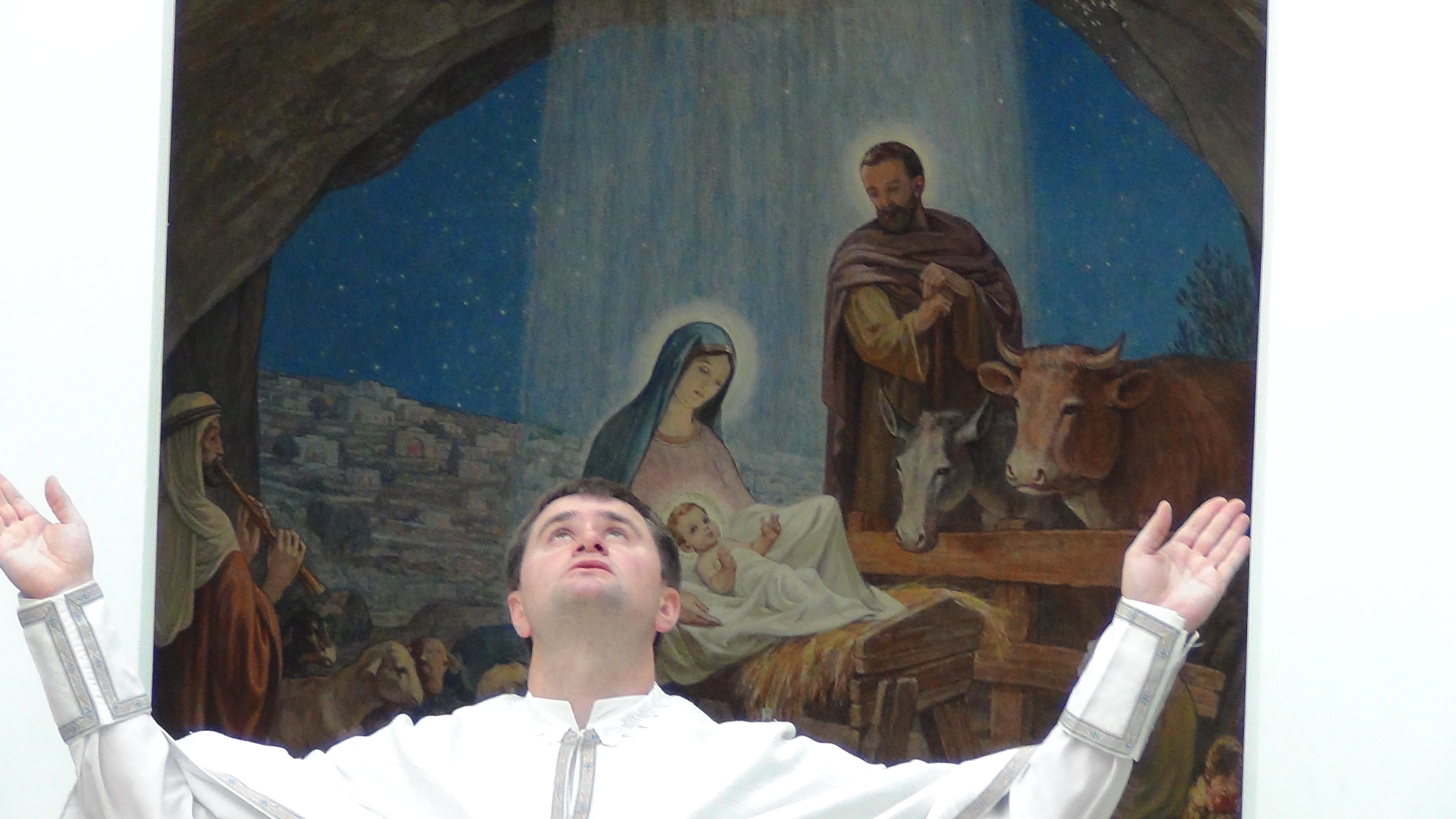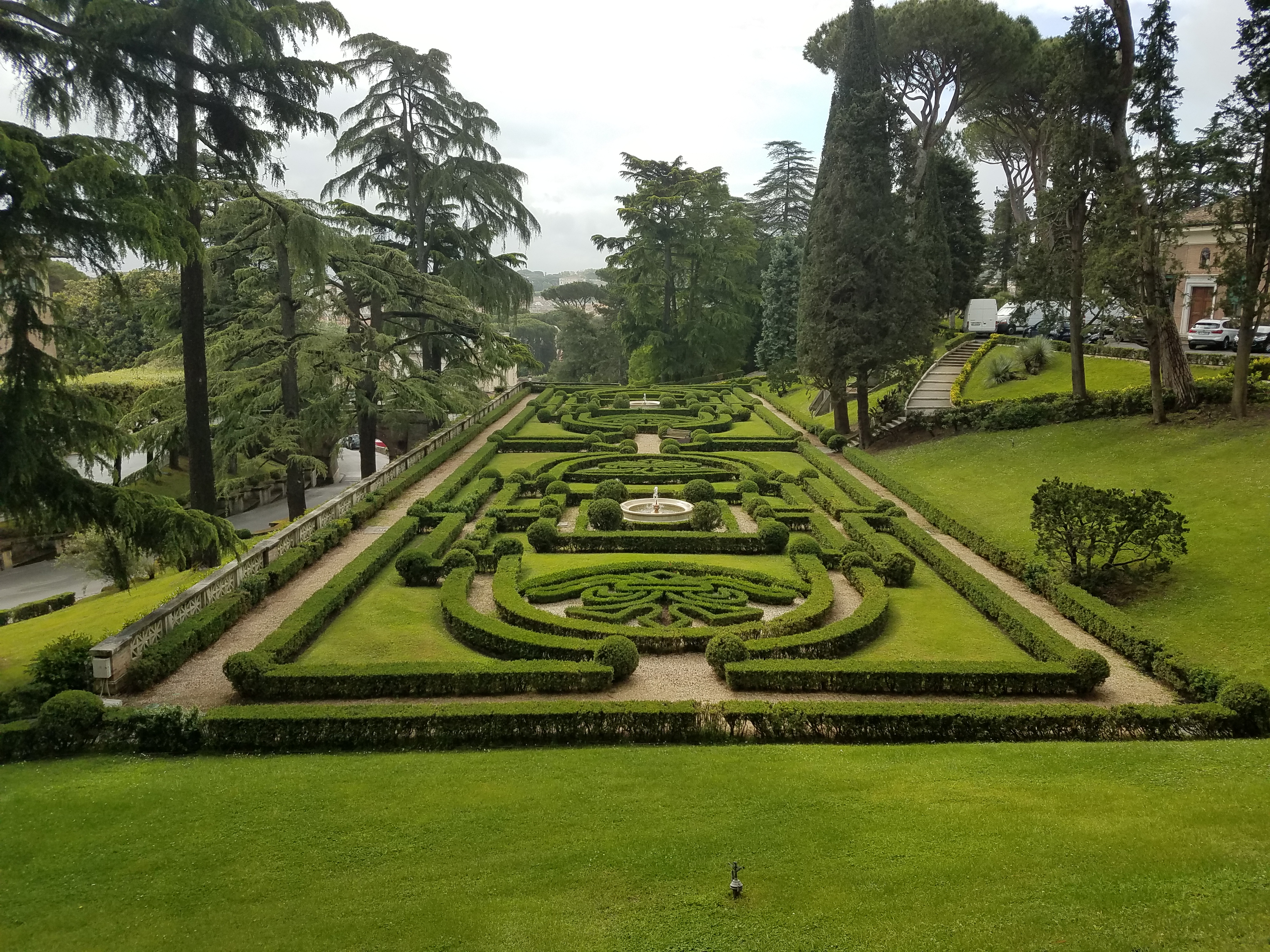Am. 6:1a, 4-7; Ps. 146:7, 8-10; 1 Tim. 6:11-16; Lk. 16:19-31
“Man of God…compete well for the faith.” “Man” represents all humanity, all of mankind gifted with body, soul, and spirit for the glory of God. “Though our Lord Jesus Christ was rich, he became poor, so that by his poverty you might become rich.” Now by our riches in Christ let us follow Jesus in his poverty in sharing our riches for the greater good. This is the race we are called to run against all the other competitors of this world who seek their own victory over us.
Who are these competitors? There is the greatest of the world’s challengers, God calls out as “Mammon” with all the lure of earthly riches we identity as the “devil of covetousness”. Mammon competes for the heart of mankind with a “me first” view of a world of winners and losers. The faith of Mammon is in its riches. God calls out Mammon “lying upon beds of ivory” as the “first to go into exile”. We compete well with Mammon when “you, man of God, pursue righteousness” with a vision towards the eternal. Living with the end in mind endures all things, perseveres to the end, awaits the greater riches of heaven.
Man of God, there is the competitor of faith called pride who challenges us with his arrogance. The pride of faith in self above all things. Pride competes with the arrogance of being better than “thou”. Pride has all the answers and even when it is wrong it claims the privilege of being right for themselves. It competes with the faith of relativity, wrong for the other is still right for them. We compete well for the faith when we recognize there is one truth, absolute and eternal and it comes from God. We overcome pride with the faith of humility. A humble heart has the ear of the Lord.
Man of God, there is the competitor of faith called seduction who challenges us with concupiscence to lure the soul into indulgence of the body. It places faith in the pleasure principle always seeking to avoid pain by indulgence in pleasure. It runs its faith into exile as the more it demands the more it becomes an obsession for pleasure ending in powerlessness and death. We compete well for the faith when we hold true to chastity. Chastity places faith in the purity of heart for the good of the other. Chastity holds onto the faith that it is in giving that we receive.
Man of God, there is the competitor of faith called complacency. The heart of this competitor assumes God’s love and mercy does not require any act on our part to get to heaven, just believe. God has destined us so no worry about running the race at all just live and let live. It is not what we decide to believe of God but what God has revealed to us of himself to accept. Recall God is not made in our image and concept, but we are created to be in his image. To be in his image is an act of how we choose to live and run our race. God is not complacent in our lives and his teaching for us is one of action.
Mankind faces many other competitors who will consume us with their gifted skill drawing us into their world that create more separation of each other than unity. Media is major one drawing us to be more narcissistic searching for more “likes” more “selfies”, more riches of anything that we can consume and little of what we can give.
The riches of God’s gifts come through the cross, his love, mercy and redemption. They come through the Holy Spirit to strengthen us with virtues in the race and they come through his poverty fully human to share our humanity in order to raise us up to his divinity. The riches of God we receive is for us to respond to our encounter with him in the poor and the suffering to feed, shelter, and visit with him.
Jesus’ parable of the “rich man” is a reminder of the riches we have been given, the many blessings we sometimes take for granted and rather than share our blessings when we encounter “Lazarus”, we overlook the need that is before us. The rich man is not given a name, but he is addressing the Pharisees who dressed in fine garments. The rich man however knew Lazarus by name and sought his help a sign of hope. The Pharisees believed that the dead would rise again so for them this parable is about what is next for the dead and for them.
In hell hope is lost forever so what is this “netherworld” the rich man is found in? This reading is one of several used to indicate this is a place we now recognize as purgatory. The “netherworld” is considered “the place of the dead”. Some attribute it to hell but recall in our creed we say that Jesus “descended to the dead” but for those in hell it serves no point. When Jesus died, we read, “…and the tombs were opened. And many bodies of the saints, which had been sleeping, arose” (Mat. 27:52). Just to clarify we also say in the Apostle’s creed “descended into hell” so “what gives?”
So as a disclaimer, I am not an expert in early language translations however it is my understanding that the word “hell” was used for both the place of the dead and the place of damnation though not the same place. This is important for us to understand that Jesus did not go to the place of damnation to rescue “saints” as we read in Mathew 27:52. This is often an issue of confusion for many but important to spend some time clarifying for us this “netherworld” where the rich man was sent. While he is suffering greatly it also leaves us with hope in a God of justice and mercy. The rich man was going through God’s justice but left with hope for mercy.
Given the witness of the rich man in the netherworld who could still see “Father Abraham” and pray “have pity on me…for I am suffering torment in these flames”, how serious are we to “compete well for the faith”? In baptism we are reborn into holiness to receive the grace of God but the race is lifelong and we face many competitors for our souls to fall into sin. The sacrament of confession is a renewal of our call to sanctity but we don’t seek it out enough and death can come suddenly.
For this reason, we are reminded in scripture “Therefore, it is holy and beneficial thought to pray on behalf of those who have passed away, so that they may be released from sins.” (2 Mac. 12:46) One day that soul in the place of the dead may be us in need of prayer. Call it purgatory, call it the netherworld, call it the place of the dead, even call it the hell of torment but not damnation, just know what we do today will determine what comes after death. Man of God live with the end in mind that we may not be caught by surprise when we face what is to come.





Recent Comments